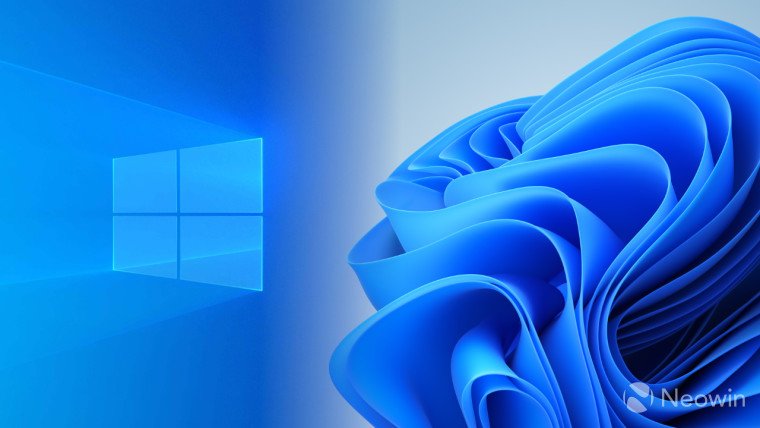Technology
Microsoft Updates Windows 10 Certification Processes for Hardware

Microsoft has unveiled significant updates to its certification processes for hardware products designed to run on Windows 10. This announcement, made in October 2023, impacts manufacturers looking to align their products with the Windows Hardware Certification Program (WHCP) and the Hardware Lab Kit (HLK).
With the release of these changes, Microsoft aims to streamline the certification process, ensuring that original equipment manufacturers (OEMs) can more efficiently validate their hardware for compatibility with Windows 10. As Windows 11 continues to gain traction, Microsoft’s focus appears to be on maintaining support for Windows 10, while also encouraging a transition to its latest operating system.
New Certification Requirements for OEMs
The updated WHCP and HLK guidelines outline critical requirements that manufacturers must adhere to for their products to receive certification. Key changes include an emphasis on performance and security, which are becoming increasingly important in the competitive hardware market.
For instance, the WHCP now mandates that devices meet specific performance benchmarks to ensure a smooth user experience. This includes minimum hardware specifications that align with modern applications and software. Additionally, security measures such as TPM (Trusted Platform Module) compliance are now essential for certification.
This move aligns with Microsoft’s broader strategy to enhance the security of its operating systems and the devices that run them. By requiring stricter security protocols, Microsoft aims to protect users from potential vulnerabilities that could arise from outdated hardware.
Implications for Windows 10 and Beyond
As Microsoft continues to phase out support for Windows 10, the company has made it clear that the updates to the WHCP and HLK are not just about maintaining compatibility but also about encouraging OEMs to transition to Windows 11. While Windows 10 will still receive support until its end of life in October 2025, the focus is shifting towards ensuring that new hardware is optimized for the latest operating system.
This approach reflects a broader trend in the technology sector, where companies are continuously pushing for upgrades to improve user experience and enhance security. As a result, manufacturers may need to invest significantly in research and development to meet the new certification requirements.
In summary, Microsoft’s latest changes to the Windows Hardware Certification Program and Hardware Lab Kit represent a strategic shift aimed at aligning hardware certification with modern expectations of performance and security. As the technology landscape evolves, these updates will likely have lasting implications for OEMs and users alike.
-

 Technology5 months ago
Technology5 months agoDiscover the Top 10 Calorie Counting Apps of 2025
-

 Health2 months ago
Health2 months agoBella Hadid Shares Health Update After Treatment for Lyme Disease
-

 Health3 months ago
Health3 months agoErin Bates Shares Recovery Update Following Sepsis Complications
-

 Technology4 months ago
Technology4 months agoDiscover How to Reverse Image Search Using ChatGPT Effortlessly
-

 Technology1 month ago
Technology1 month agoDiscover 2025’s Top GPUs for Exceptional 4K Gaming Performance
-

 Technology2 months ago
Technology2 months agoElectric Moto Influencer Surronster Arrested in Tijuana
-

 Technology5 months ago
Technology5 months agoMeta Initiates $60B AI Data Center Expansion, Starting in Ohio
-

 Technology5 months ago
Technology5 months agoRecovering a Suspended TikTok Account: A Step-by-Step Guide
-

 Health4 months ago
Health4 months agoTested: Rab Firewall Mountain Jacket Survives Harsh Conditions
-

 Lifestyle5 months ago
Lifestyle5 months agoBelton Family Reunites After Daughter Survives Hill Country Floods
-

 Technology4 months ago
Technology4 months agoHarmonic Launches AI Chatbot App to Transform Mathematical Reasoning
-

 Technology3 months ago
Technology3 months agoUncovering the Top Five Most Challenging Motorcycles to Ride



















